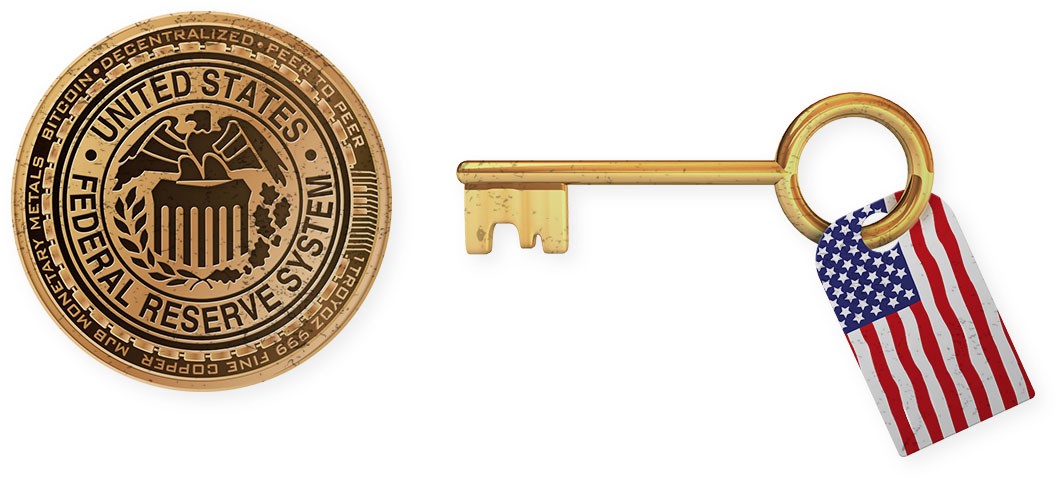PALO ALTO, Calif. (Reuters) - The Federal Reserve is taking a look at a broad range of problems around digital payments and currencies, consisting of policy, style and legal considerations around potentially releasing its own digital currency, Governor Lael Brainard said on Wednesday. Brainard's remarks suggest more openness to the possibility of a Fed-issued digital coin than in the past." By changing payments, digitalization has the prospective to deliver greater value and benefit at lower expense," Brainard said at a conference on payments at the Stanford Graduate School of Organization.
Reserve banks internationally are debating how to manage digital financing innovation and the dispersed ledger systems utilized by bitcoin, which guarantees near-instantaneous payment at potentially low cost. The Fed is establishing its own day-and-night real-time payments and settlement service and is presently reviewing 200 comment letters sent late last year about the suggested service's design and scope, Brainard stated.
Less than two years Check out here ago Brainard told a conference in San Francisco that there is "no compelling demonstrated need" for such a coin. But that was prior to the scope of Facebook's digital currency ambitions were commonly understood. Fed officials, including Brainard, have actually raised concerns about customer protections and information and personal privacy dangers that might be positioned by a currency that might come into use by the 3rd of the world's population that have Facebook accounts.
" We are working together with other reserve Click here for more banks as we advance our understanding of central bank digital currencies," she stated. With more countries looking into releasing their own digital currencies, Brainard stated, that includes to "a set of factors to also be making sure that we are that frontier of both research study and policy development." In the United States, Brainard said, problems that need research study include whether a digital currency would make the payments system more secure or easier, and whether it Go to this site could present monetary stability threats, consisting of the possibility of bank runs if money can be turned "with a single swipe" into the reserve bank's digital currency.

To counter the monetary damage from America's unmatched nationwide lockdown, the Federal Reserve has taken unmatched steps, including flooding the economy with dollars and investing straight in the economy. Many of these relocations got grudging approval even from many Fed skeptics, as they saw this stimulus as needed and something only the Fed could do.
My new CEI report, "Government-Run Payment Systems Are Hazardous at Any Speed: The Case Versus Fedcoin and FedNow," details the threats of the Fed's present plans for its FedNow real-time payment system, and proposals for main bank-issued cryptocurrency that have is fedcoin real been dubbed Fedcoin or the "digital dollar." In my report, I discuss concerns about privacy, data security, currency control, and crowding out private-sector competition and development.
Supporters of FedNow and Fedcoin say the government needs to produce a system for payments to deposit instantly, instead of encourage such systems in the private sector by raising regulatory barriers. But as kept in mind in the paper, the personal sector is supplying a seemingly endless supply of payment innovations and digital currencies to solve the problemto the level it is a problemof the time gap in between when a payment is sent and when it is received in a checking account.
And the examples of private-sector development in this location are numerous. The Cleaning House, a bank-held cooperative that has actually been routing interbank payments in different types for more than 150 years, has been clearing real-time payments given that 2017. By the end of 2018 it was covering half of the deposit base in the U.S.